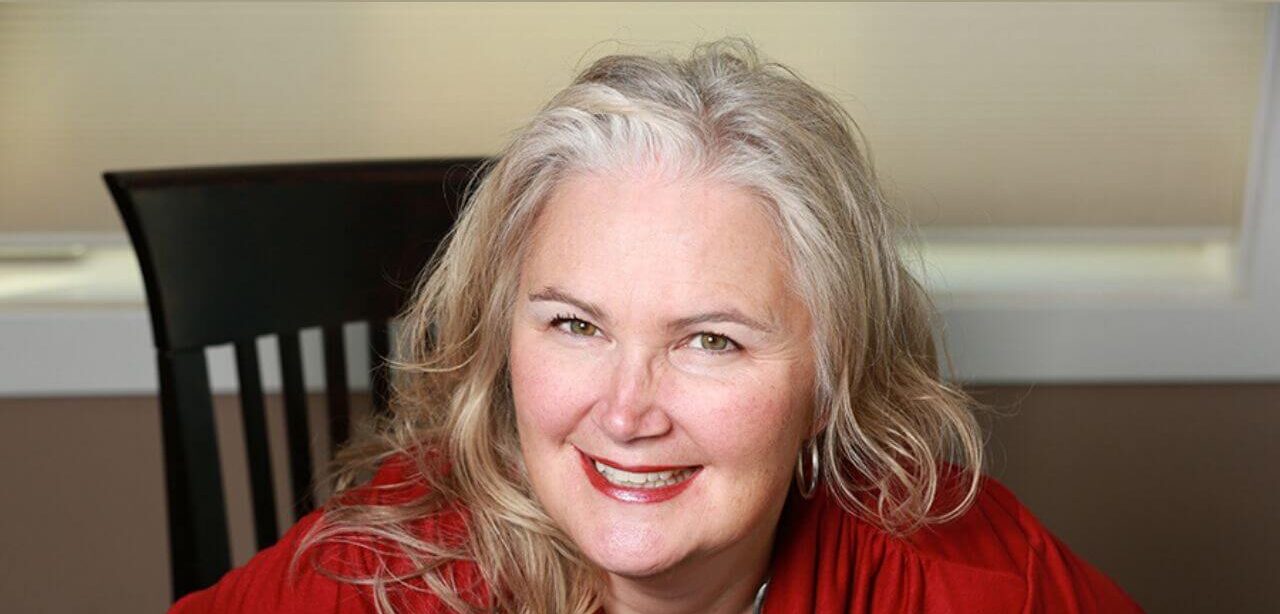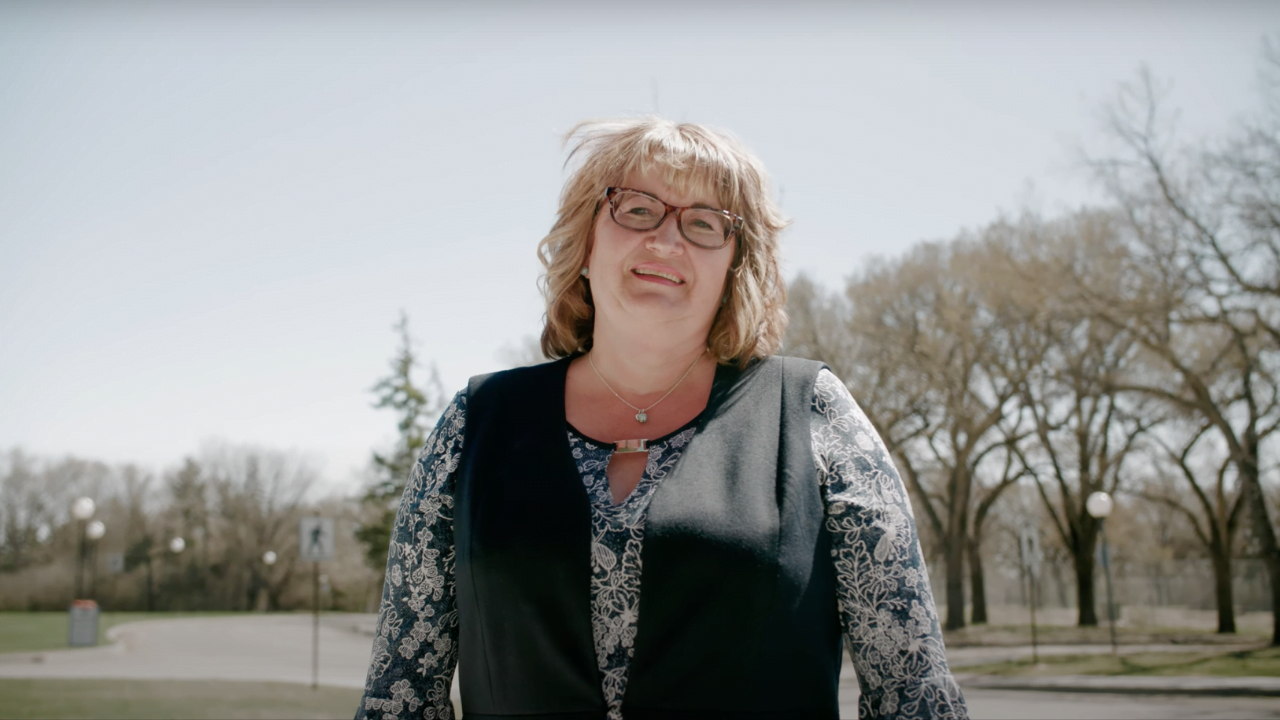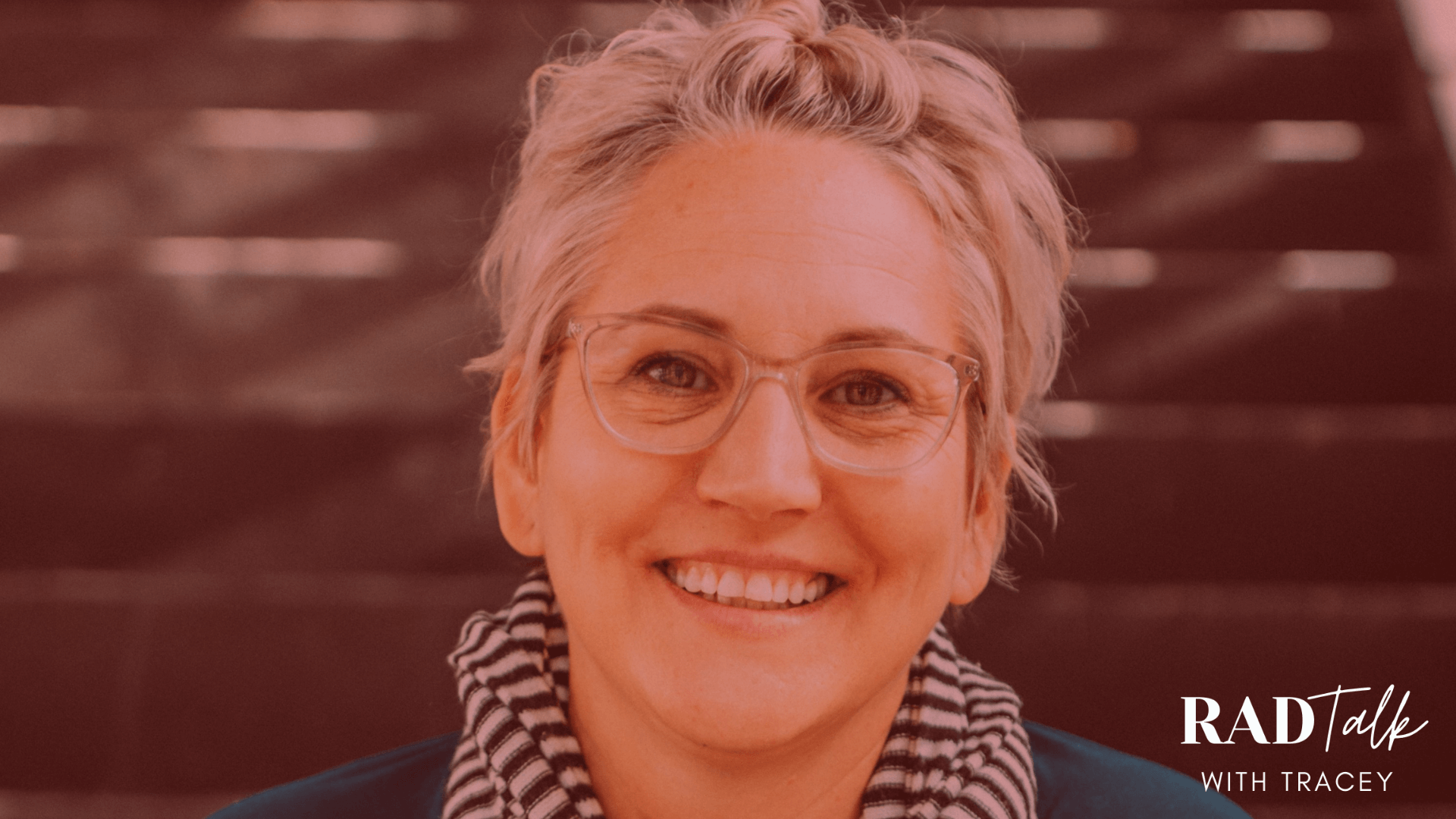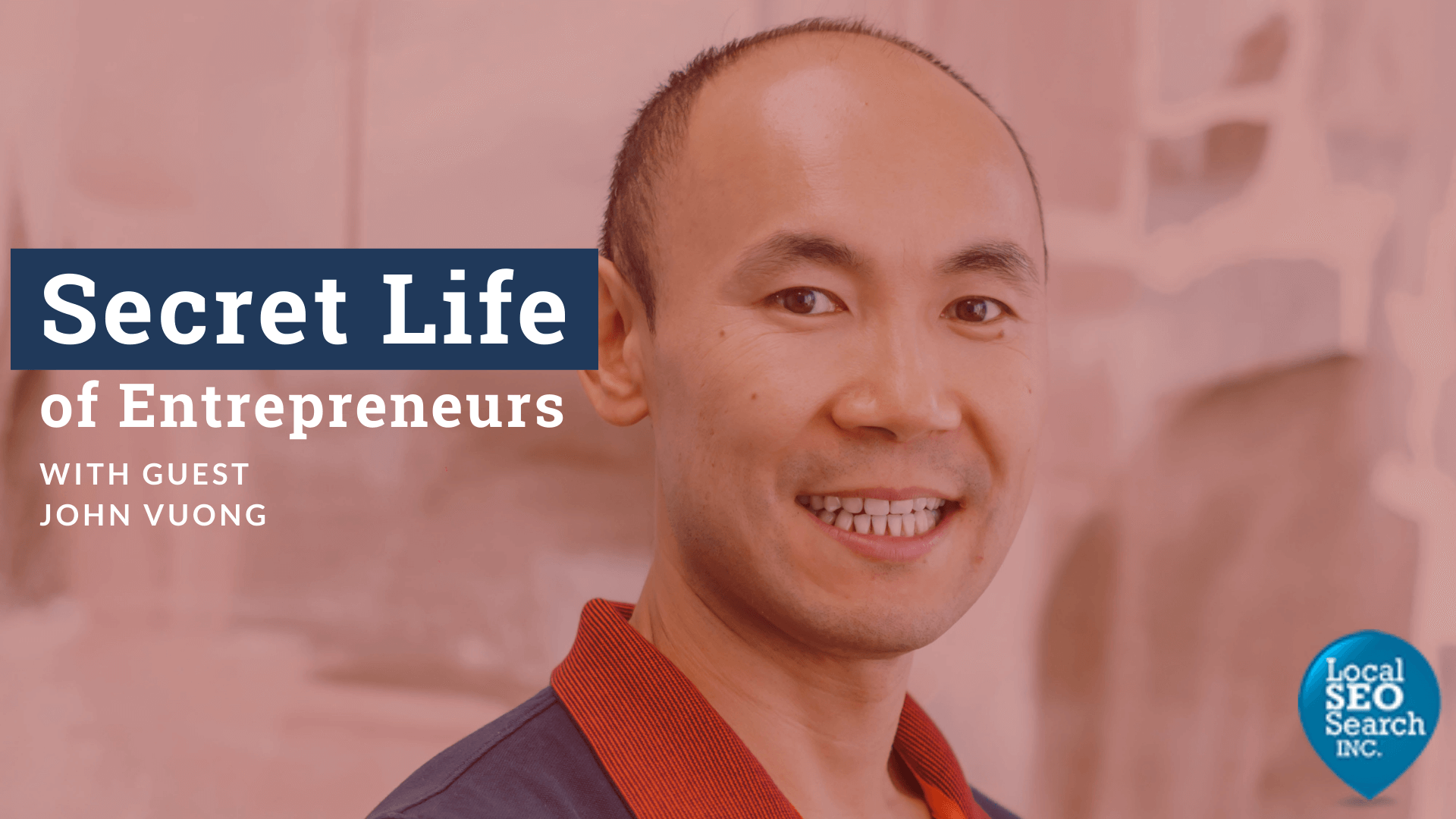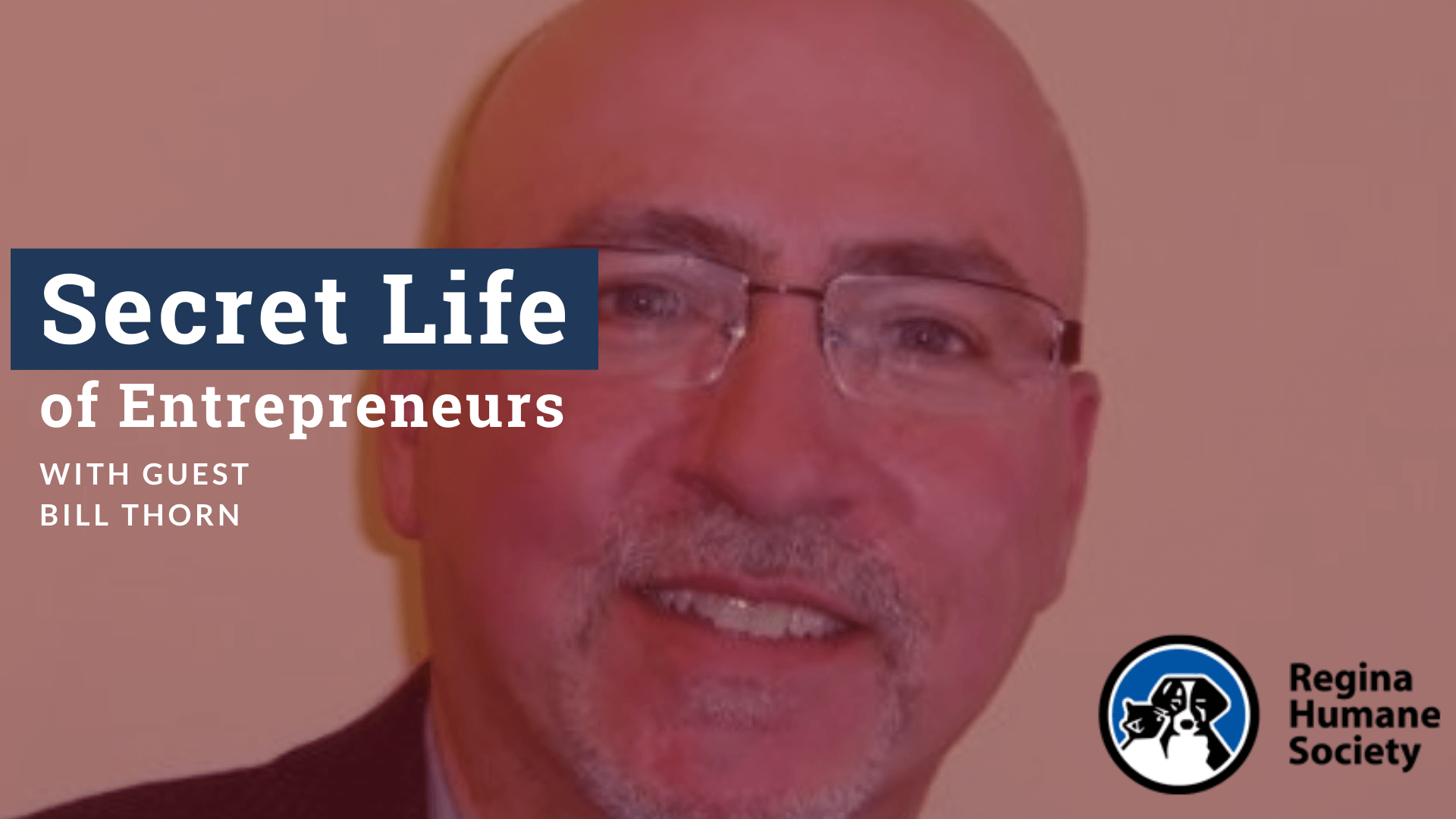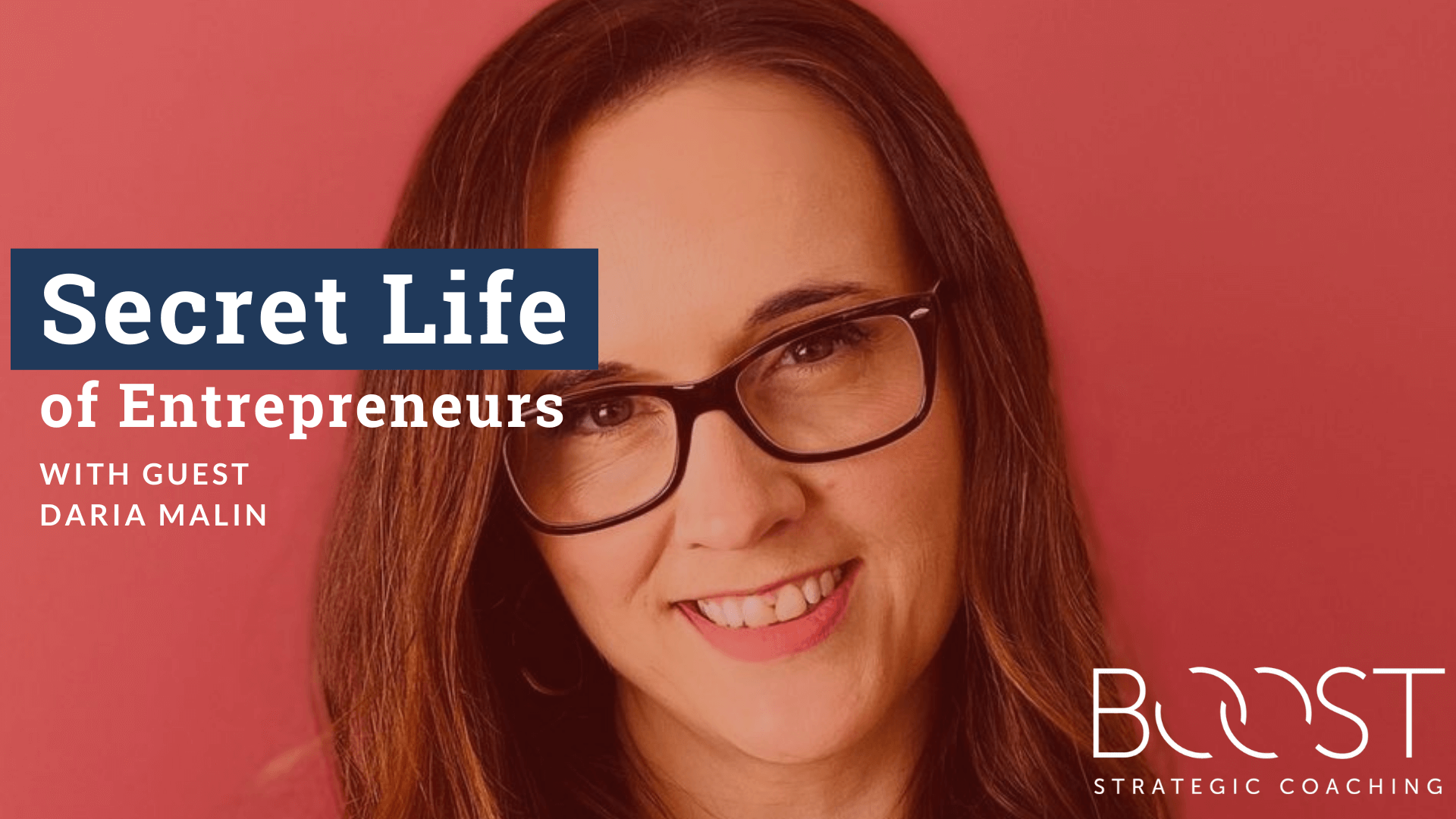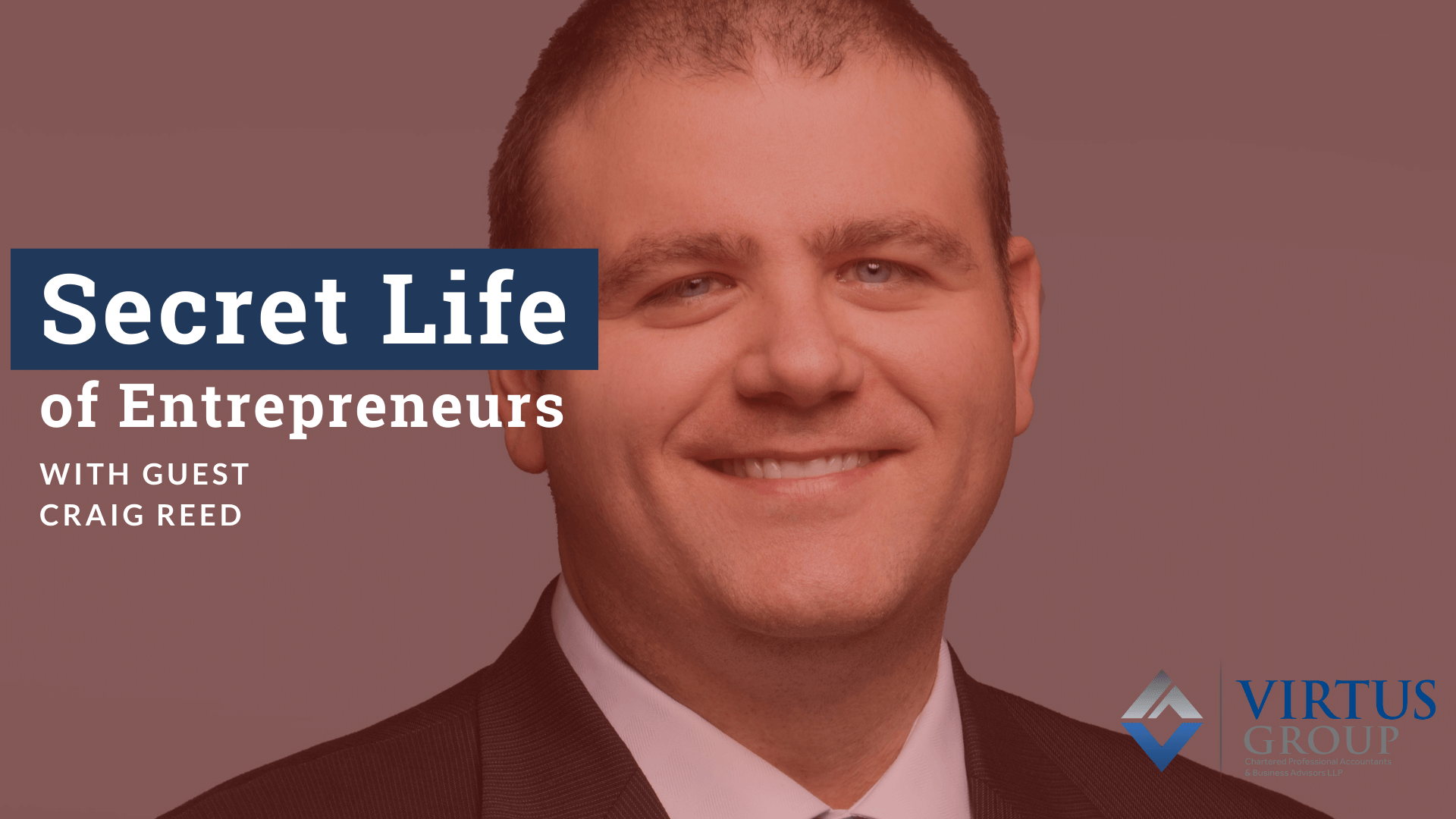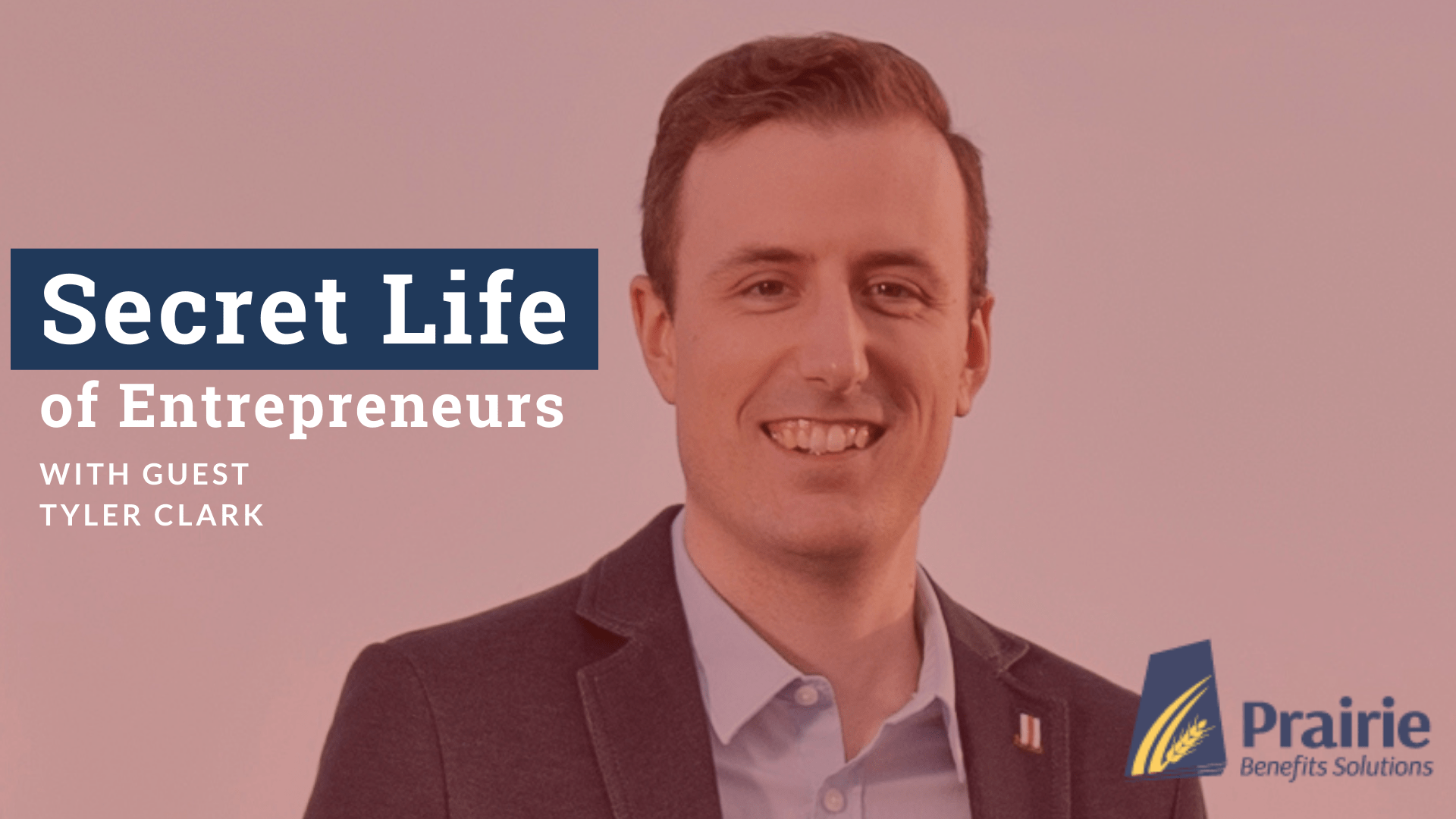Secret Life Ep. 80 Your Ultimate Guide to Get Found with Local SEO #GrowLocal
Barb 0:10Welcome to a very special episode, the first in our three part series, grow local. And we’ll even have a few guests business owners join us today via the online chat with some questions as we go. Barb 0:26In this episode entitled, your Ultimate Guide to Get Found with Local SEO will take you on a journey of two of your customers. Barb 0:38If you’ve ever been frustrated with Google, not showing the right content, not showing your business, not seeming to understand what you do, this is your fix. This is the way to tell Google who you are. If you’re a local business owner, hoping to find more ready to buy customers. Barb 0:59Stay tuned. I’m Barb McGrath, founder of above the fold digital marketing, and the get found Academy, the local business owners guide to the first page of Google. Let’s start off. Let’s start off quickly with what is local SEO and what it isn’t. Local SEO is using your website, your Google listing, and even your social channels to find more customers. Barb 1:31SEO or search engine optimization is maximizing your online properties for customers and search engines. And it’s really important to remember that while we want the search engines to find us, it’s way more important that our customers find us and our customers shop with us. Barb 1:57So SEO is about finding more customers. A search engine, for example, Google, Bing, or Yahoo can find your business. And they can understand the content on your website when you give it to them. Barb 2:14And that’s what we’re going to talk about today. How do we give more content to these search engines? So from a practical perspective, as a local business, local SEO means more foot traffic. Local SEO is all of those best, and near me searches that we all do from our phone, best coffee shop, coffee shop near me, best plumber, Saskatoon, best plumber weyburn. Barb 2:46These are all searches that customers are doing every day. And we want those customers to find you. Barb 2:56Local SEO means that you will have more online purchases, even if they’re picked up or delivered. And as we all survived COVID so many of us learn to deliver our services virtually, or create a contactless environment where consumers could continue to purchase from us. Barb 3:20So local SEO isn’t about online shopping. It’s about finding your customers where they are online. SEO is the equivalent of a dating service for your business. Customers will swipe you away in a heartbeat. And if you don’t appear to have what they’re looking for, they’re just going to keep going. Barb 3:51So it’s your job to show off all of the things that you have to offer. So those potential dates I mean, customers know that you have what they’re looking for. So local SEO is not a quick scheme to get a whole bunch of clicks on your website, or on your social channels to drive up visits, local SEO ties directly to sales and cash in your register. Barb 4:28So let’s start off by meeting our customers. Because really, they’re our guest today, and they’re the most important folks who are here with us. Our first guest is Skittles and I’m just gonna bring Skittles, do a little bit of cuddling with him here. So this is Skittles. Barb 4:46Skittles is a very discerning young Boston Terrier. He’s particular about his nutrition and seeks quality food and treats. He absolutely loves his pet parent, a young lad named Peter. Barb 5:06Skittles likes a little bit of variety in his food and toys. And Peter is new to pet parenting. So, you know, he’s still doing a lot of shopping around, and he’s very price conscious, he wants his money to go as far as it can for Skittles. He also wants the best for Skittles. Barb 5:30And he Googles every purchase before he actually makes the purchase. Doesn’t matter if it’s food, toys, a leash, a harness, little boots for winter, because these paws get mighty chilly, it doesn’t matter if it’s a kennel, whatever it might be. Peter searches on Google for everything before he actually makes that purchase. Barb 5:58Our other customer that we’re going to talk about today is Ava. And Ava and Skittles are two very different customers. So let’s take a look at Ava. There she is. So Ava, on the other hand, is not just discerning. She’s very particular. And once she finds a business that she likes, she tends to return over and over. Barb 6:28She’s very traditional at heart, but very savvy, when it comes to technology, she will return to a business if she believes that the price is competitive. And that’s a really important differentiator. She’s looking for competitive pricing. She’s not afraid of that online environment. Barb 6:53When she’s unsure, uncertain, she’ll spend hours researching, analyzing, googling her different options, and understanding what she can buy as a customer. Barb 7:08Both of our customers today will support local businesses whenever they can. So if it’s an option, they’re both absolutely going to support local. But as a local business, you have to be competitive, you need to be convenient, and Skittles, or Peter and Eva can confirm, before they go shopping, that the business that they want to shop with actually has what it is that they’re looking for. Barb 7:45So they are such different customers. But their journey to purchase all ends with the same result. They want to shop local, their journeys are different, but they still want to be able to shop locally. And they have one thing in common. Barb 8:07They both rely on their search result to find the products and services that they want. Eva being the researcher relies on what she finds on a business’s website, to be up to date to be true and to be accurate. So if her chosen business
